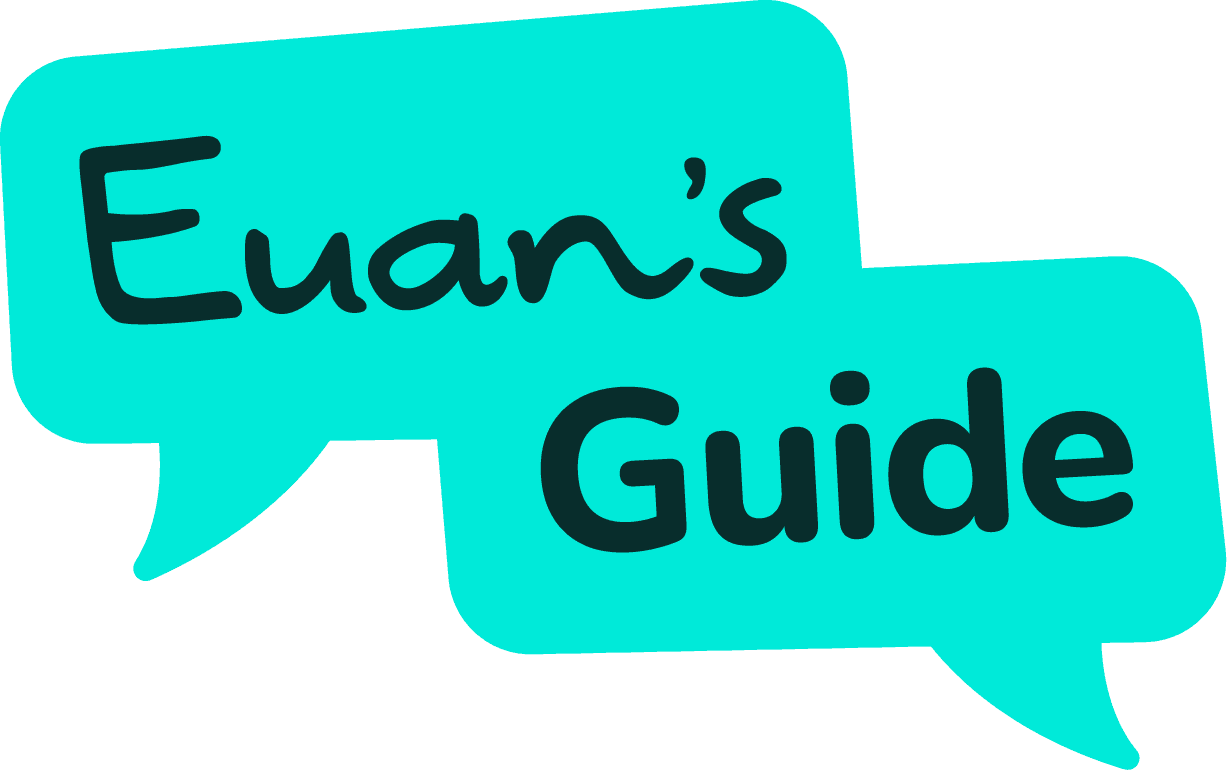Representation isn’t just about visibility - it’s about how people think, behave, and make space for others. When disabled people are misrepresented in the media, or not represented at all, it doesn’t just shape stories on screens - it shapes public attitudes in the street, in schools, in doctors’ offices, and in everyday interactions.
Our 2024 Access Survey, the UK’s largest disabled access survey, revealed a troubling truth: many disabled people feel they are either misunderstood or ignored by society - and that the media continues to reflect, and reinforce, those attitudes.
“The media (news & politics) portray all disabled people as benefit scroungers and a burden to society. This witch-hunt and false narrative gives the public the fuel to then treat disabled people as less than human.” - Access Survey respondent
Nearly three-quarters of respondents said the public’s attitude towards disabled people has either stayed the same or worsened. And while 34% believe media representation is improving, a greater number - 57% - feel it is still fundamentally unfair.
It’s not just the frequency of representation that matters - it’s the framing. Repeatedly, respondents described being cast as one of two extremes: either tragic and helpless, or brave and inspiring. Few saw disabled people portrayed as part of everyday life - characters who exist without their disability being the sole point of focus.
“Disabled people are either portrayed as pitiable or as some sort of hero. Just as not every able bodied person is capable of achieving greatness in sport, nor is every disabled person an Olympic prospect.” - Access Survey respondent
It’s a tension writer and journalist Frances Ryan captures in an article for The Guardian: “It is entirely possible to be happy and fulfilled and disabled or sick, and to proudly carve out your own path. Who wants normal anyway?” Her words speak to a reality that many respondents recognised: that disabled lives are full, rich, and complicated - but are rarely seen that way.
Misrepresentation shapes mindsets
The ripple effect of poor representation isn’t abstract. Our survey respondents shared countless examples of how public perception - fuelled by media narratives - affects daily life:
- 43% said public attitudes make travel harder
- 38% said attitudes negatively affect leisure and recreation
- 42% reported difficulty with shopping and everyday essentials due to how they’re treated
The media doesn’t exist in a vacuum. People consume stories and internalise them - and when disabled people are only shown in limited or unrealistic roles, the public often absorbs those distortions. Some examples from the 2024 Access Survey include:
“People tend to look me like alien or like I should not exist.”
“Because I’m in a wheelchair people especially NHS staff often talk to my husband not me … I often feel like I don’t exist! Before being disabled I was a professional with a first class degree and diploma with distinction but people just treat me as stupid now.”
Ryan writes that as a disabled teenager, she had “no idea what it was to be a disabled woman, or that it was possible to be happy, to have a career or relationships.”
That kind of absence - from magazines, films, TV screens - becomes more than just an omission. It sends a message: you don’t belong here.
Behind the numbers: everyday attitudes that hurt
When disabled people are shown only as metaphors - or not shown at all - the real-life result is suspicion, exclusion, and hostility.
- 35% of disabled respondents said public attitudes make healthcare harder
- 24% said attitudes negatively affect their experience of work or volunteering
- 18% said attitudes made learning and education harder
For many Access Survey respondents, the impact goes far beyond inconvenience. It affects safety, confidence, and self-worth.
“I was a victim of a disability hate crime, I reported it to the police and they laughed because they found it funny, disabled women are at such a high risk of attack and personally I have noticed how some men will be so aggressive towards me simply for existing.”
“I feel I'm not allowed to do things considered "beyond what a disabled person should be doing", incase I get judged by the public and DWP. It leads to isolation and feeling like you just exist as a burden on society, nothing more.”
Even in moments that should be joyful or ordinary - going out with friends, attending a wedding - disabled people are often shut out:
“Being told there was a level entrance when in fact there was four steps. It was a wedding venue then the lift didn’t go down to lower ground floor.”
“Lack of disabled access tables for wheelchairs in cafes so feel very embarrassed. I often end up sat outside on the cold.”
There’s a shared lesson here - one Ryan describes bluntly: “The problem is not how society is built - the problem is your body.” Except, of course, the reverse is true.
Changing the story
Attitudes don’t shift by accident. They change when disabled people are given the space to tell their own stories - not just the inspirational or triumphant ones, but the messy, complex, everyday ones too.
Our respondents asked for representation that doesn’t flatten their lives into cautionary tales or viral TikToks. They want to be seen in full colour - flawed, funny, ordinary, angry, brilliant. And yes, sometimes that starts with the smallest things - even a Lego tram set that gets representation right. As Ryan puts it: “It is easy to be celebratory when you have made it to the top of the mountain, much harder when you’re stuck halfway, freezing your tits off.”
“We are diverse and interesting people and their is more to us than just out disabilities.”
If we want a future where disabled people are not seen as second-class citizens - where public attitudes don’t dictate access to transport, work, education, or friendship - then representation has to evolve. Not as a performance, but as a commitment.
How can I help?
Disabled people shouldn’t be an afterthought. If you're in a position to shape stories - whether through media, marketing, education, or policy - listen to what disabled people are saying. Amplify their voices.
Learn more from the full 2024 Access Survey at EuansGuide.com/AccessSurvey and join us in changing the narrative.

Sign up to our newsletter
Stay up to date with the latest news, announcements, and articles.
Read about our Privacy Policy.




